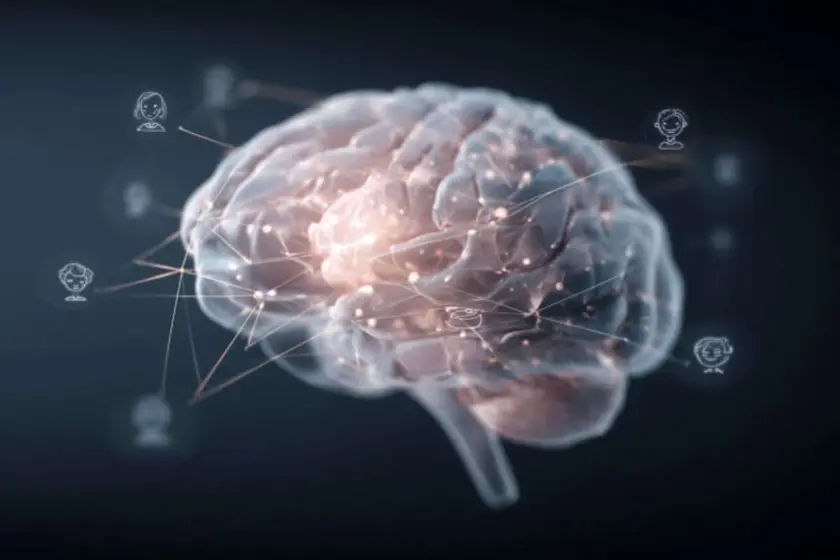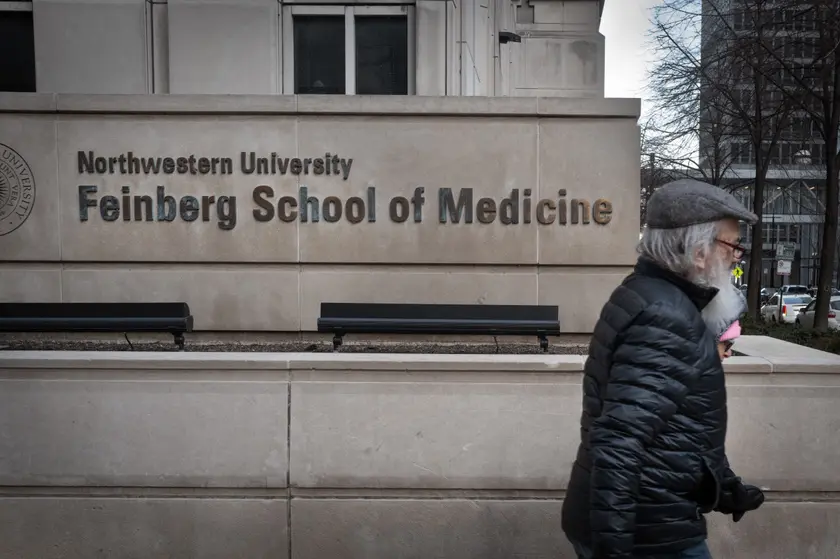T4K3.news
Study on super agers reveals brain traits and social links
A Northwestern University study followed 79 brains from people over 80 to understand why some maintain outstanding memory and how brain biology and social life matter.

A long Northwestern study explores why some people older than 80 keep exceptional memory and what brain features and social life have to do with it.
Super agers reveal brain traits that sustain memory into the 80s
A 25-year Northwestern University study analyzed 79 brains from people aged 80 and up who researchers label super agers, defined by memory performance on par with much younger people. Some of these brains carried amyloid and tau proteins linked to Alzheimer's disease, while others did not. The researchers describe two possible routes to the same outcome: resistance, where the brain avoids these proteins, and resilience, where the proteins are present but do not harm cognition. Super agers also showed less cortex thinning than typical aging brains and had higher counts of certain neurons tied to social behavior and memory.
Behavioral data add to the biological picture: super agers tended to be highly social with strong personal networks, a factor the study links to better memory outcomes. Yet the findings come with important limits. The sample is small and not representative of the broader population, being largely well-educated and White and self-selected for participation. Experts caution that larger, more diverse studies are needed to see if these patterns hold for most older adults. Still, the work suggests aging memory is not doomed for everyone and that lifestyle factors and social engagement may play meaningful roles in brain health.
Key Takeaways
"There may be different biological pathways to super aging"
Weintraub describes dual routes to resilience
"What is good for your heart is good for your brain"
Weintraub on lifestyle links
"The truth is that on average, cognitive test scores decline"
Weintraub on variability in aging
"What is good for your heart is good for your brain"
Weintraub's health guidance
These results challenge the idea that memory decline is an inevitable part of aging. They point to two biological paths to resilience, one that reduces toxic proteins and one that tolerates them without harming cognition. The link between social life and memory is not just a hopeful stereotype; it aligns with brain structure and neuron patterns seen in younger brains. The real test will come from larger, diverse studies and real-world settings to confirm these signals.
Policy and research leaders should push for broader studies and for interventions that combine social engagement with proven brain-healthy habits. The bottom line is pragmatic: keep the heart healthy, stay socially active, and support families and communities in ways that nurture mind and memory over time.
Highlights
- Memory can stay sharp even as the years mount
- Strong social ties seem to shield the aging brain
- There are different paths to brain resilience
- What is good for your heart is good for your brain
Limitations of small, non-diverse sample raise questions about generalizability
The study participants were mostly well-educated and White, and they self-selected into the study. This limits how widely the findings can be applied and raises questions about replication in diverse populations.
Durable memory may depend as much on daily life as on biology.
Enjoyed this? Let your friends know!
Related News

Cuttlefish Demonstrate Self Control in Delayed Gratification Test

Key study reveals social connections boost memory

New study highlights brain's role in social emotions

SuperAgers defy aging myths

Discovery of four autism types could revolutionize treatment

New findings reveal connections between humans and Neanderthals

SuperAgers Show Slower Brain Aging

Study Reveals Autism Masking Effects on Teens
